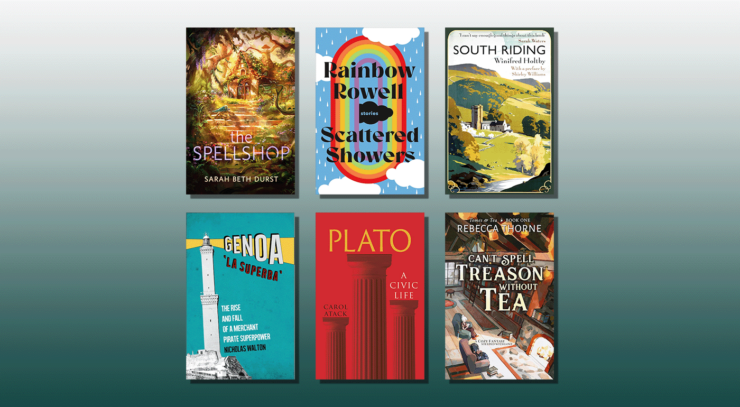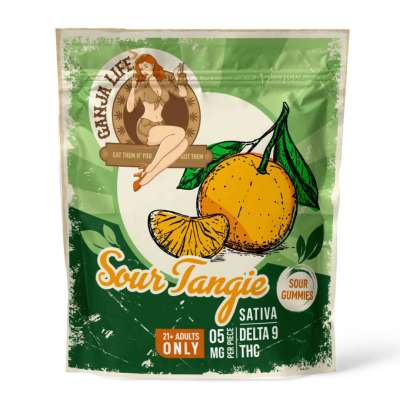
reactormag.com
Jo Walton’s Reading List: March 2025
Books
Jo Walton Reads
Jo Walton’s Reading List: March 2025
Rainbow Rowell, Plato, and a call for romantasy/cosy fantasy recs!
By Jo Walton
|
Published on April 10, 2025
Comment
0
Share New
Share
March was a great month where I was in Florence with friends visiting, and then I flew to Chicago, where I still am. I was very busy, and I only read six books.
Genoa, ‘La Superba’: The Rise and Fall of a Pirate Merchant Superpower — Nicholas Walton (2015)How excited I was to have another Genoa book, to go with Epstein’s Genoa and the Genoese! And yet, this was a little disappointing. It’s hard to write a book like this; it’s both a history and sort of a guidebook, and also sort of a travel memoir, and it fails to work entirely as any of them. It says it’s not going to give the history in order, and it doesn’t, and that’s forgivable, but if you’re mostly here for the history it’s disappointing when he leaves so much out. The best bits were Walton visiting people and talking about the modern city, but there’s not enough of that—there’s not enough of any of what it’s doing to be satisfying.
Scattered Showers — Rainbow Rowell (2022)Short story collection by Rowell, absolutely delightful. There were a few original stories, and a few that were vignettes and expansions of minor characters from Rowell’s novels, which might have felt a little lost without context—though with one of them I’d forgotten the character name and only remembered who she was part way through, and it was still a good story, so maybe not. Anyway, thoroughly enjoyable collection. I think Rowell is writing from a place few other people are writing from—I don’t mean Ohio, though I do mean Ohio. There’s a thing one sees sometimes in SF where there’s something so original that you realise everyone else has been borrowing consensus furniture and moving it around. Rowell makes me see that about the contemporary US—she’s not writing in novel-land, or telling the kinds of stories people always tell, she’s like when the Impressionists took their canvases out of the studio and started painting from nature. Rowell writes about the kinds of places and people that rarely emerge from background cliché in normal fiction, and she really sees them and brings them to life. I think she’s one of the most exciting contemporary writers.
South Riding — Winifred Holtby (1936)Re-read, book club. Very long novel about an imagined county in North East England, and a school, and the councillors, and the people of all classes. One of the most perceptive comments at book club was that reading this helps you understand where the strength came from with which British people stuck it out through WWII. This book is brilliant, but it’s a lot. Not only is it long, it’s got a lot of characters and threads and points of view, a lot of bad things, and a lot of hope and some good things. It also shows people in local government making a difference, or trying to. There’s also a lot of birth and death. I recommend it, and we certainly had a great book club conversation about it, but you might want to be braced for it.
Plato: A Civic Life — Carol Atack (2024)Non-fiction book about Plato’s work in the context of his life. This book would have been so useful when I was writing my Thessaly series! I think this is the first book like this ever—everyone writes about Plato as if he was writing in his perfect Republic, not in the very imperfect and complex context of the Peloponnesian War and its aftermath. Thoughtful book, even when it makes some choices I think are wrong—the writings we have of Plato’s Pythagorean mother Perictione aren’t authentic, but that doesn’t mean it isn’t worth considering whether or not she really was a Pythagorean philosopher, particularly in the context of Plato’s own feminism. That people bothered to forge them means something. Anyway, a good book, recommended, and I’m very glad to have read it. It was also very strange reading the last chapter on Plato’s legacy and interpretations and being delighted to find Mary Renault mentioned and then a few paragraphs later, stunned to find my own Just City mentioned. Of course I was reading this book; it did not cross my mind that Atack might have read mine!
The Spellshop — Sarah Beth Durst (2024) and Can’t Spell Treason Without Tea — Rebecca Thorne (2022)I’m going to write about these two books together, since my reaction to them was identical. What is wrong with me? I say I am tired of action plots, and people kindly invent the cosy fantasy genre and then I read it and I don’t like it. I am seldom bored by books, but I was bored by the predictability of both of these. It may be that I am not their intended reader, that I want more and more interesting worldbuilding in my fantasy, and more tension in my romance? The worldbuilding thing is definitely the case, these felt like very generic D&D worlds, or like something influenced by Japanese light novels. But when I think about romance—my reading of genre romance—what I want more of is not romantic tension but the stuff around it, the friend groups, the families, the real-world observed details that genre romance is so good at. And those are the things that felt particularly thin here. I did like the best friend being a plant in Spellshop, but that’s about it. I enjoyed Stephanie Burgis’ Wooing the Witch Queen (2025) when I read it a few months ago, which is why I thought I’d try some more. I don’t know. People love these books, they have incredible sales figures, so it must be me. Recommend cosy fantasy and romantasy to me![end-mark]
The post Jo Walton’s Reading List: March 2025 appeared first on Reactor.














